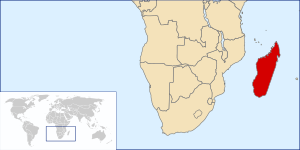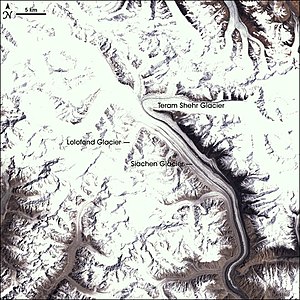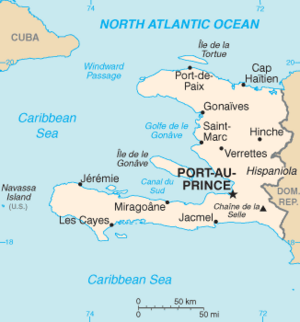Georgia's attack on its breakaway South Ossetia region marked the start of last year's war with Russia, which retaliated with excessive force, an EU-commissioned report said Wednesday.
The report on the five-day war in August 2008 lay blame on both sides, but cited Georgia as starting the conflict with its night shelling in South Ossetia - an act it said was not justifiable under international law.
The EU report went on to blame Russia for conducting a military campaign deep inside Georgia. "All this cannot be regarded as even remotely commensurate with the threat to Russian peacekeepers in South Ossetia," the report said.
Russia's retaliation went "far beyond the reasonable limits of defense," it said, criticizing the devastating Russian assault on a tiny neighbor that in recent years has moved closer into the West with hopes of joining NATO.
In a first reaction, both sides said the report vindicated them. The Russian Foreign Ministry said "the core conclusion of the report is that the current leadership of Georgia unleashed the aggression."
via EU report: Georgian attack started war with Russia - World News | Tri-City Herald : Mid-Columbia news.
Related articles by Zemanta
- 'Georgia sparked war after Russia violated international law' says report (telegraph.co.uk)
- Black Sea Port Is Flash Point for Georgia and Russia (nytimes.com)


![Reblog this post [with Zemanta]](http://img.zemanta.com/reblog_e.png?x-id=7fd3cd00-63a1-43ed-8c02-9c5b3501d5bb)

![Reblog this post [with Zemanta]](http://img.zemanta.com/reblog_e.png?x-id=f1731281-744e-4e52-8e66-96d7e3aef1dd)

![Reblog this post [with Zemanta]](http://img.zemanta.com/reblog_e.png?x-id=211dec32-c125-42f1-8999-12a071da1789)

![Reblog this post [with Zemanta]](http://img.zemanta.com/reblog_e.png?x-id=b6db84fd-f8c6-4d7c-aae6-6bc21a691ae4)

![Reblog this post [with Zemanta]](http://img.zemanta.com/reblog_e.png?x-id=6408e238-57b4-45cd-874d-4947c7799580)



![Reblog this post [with Zemanta]](http://img.zemanta.com/reblog_e.png?x-id=e069f73a-6005-4e25-9d4a-2669392251f1)

![Reblog this post [with Zemanta]](http://img.zemanta.com/reblog_e.png?x-id=2055b22e-5db9-4e70-a15d-7f5b3e13903f)

![Reblog this post [with Zemanta]](http://img.zemanta.com/reblog_e.png?x-id=cf4d8e32-117a-40ac-b9ba-f16fada682ea)



![Reblog this post [with Zemanta]](http://img.zemanta.com/reblog_e.png?x-id=a97e67e2-8825-4731-adef-d110bf237705)

![Reblog this post [with Zemanta]](http://img.zemanta.com/reblog_e.png?x-id=0dad70b5-dabd-4c1b-a113-427aa0b43d40)

![Reblog this post [with Zemanta]](http://img.zemanta.com/reblog_e.png?x-id=e5b3ccd0-1086-4edf-a9dc-f7523d8f3f20)
